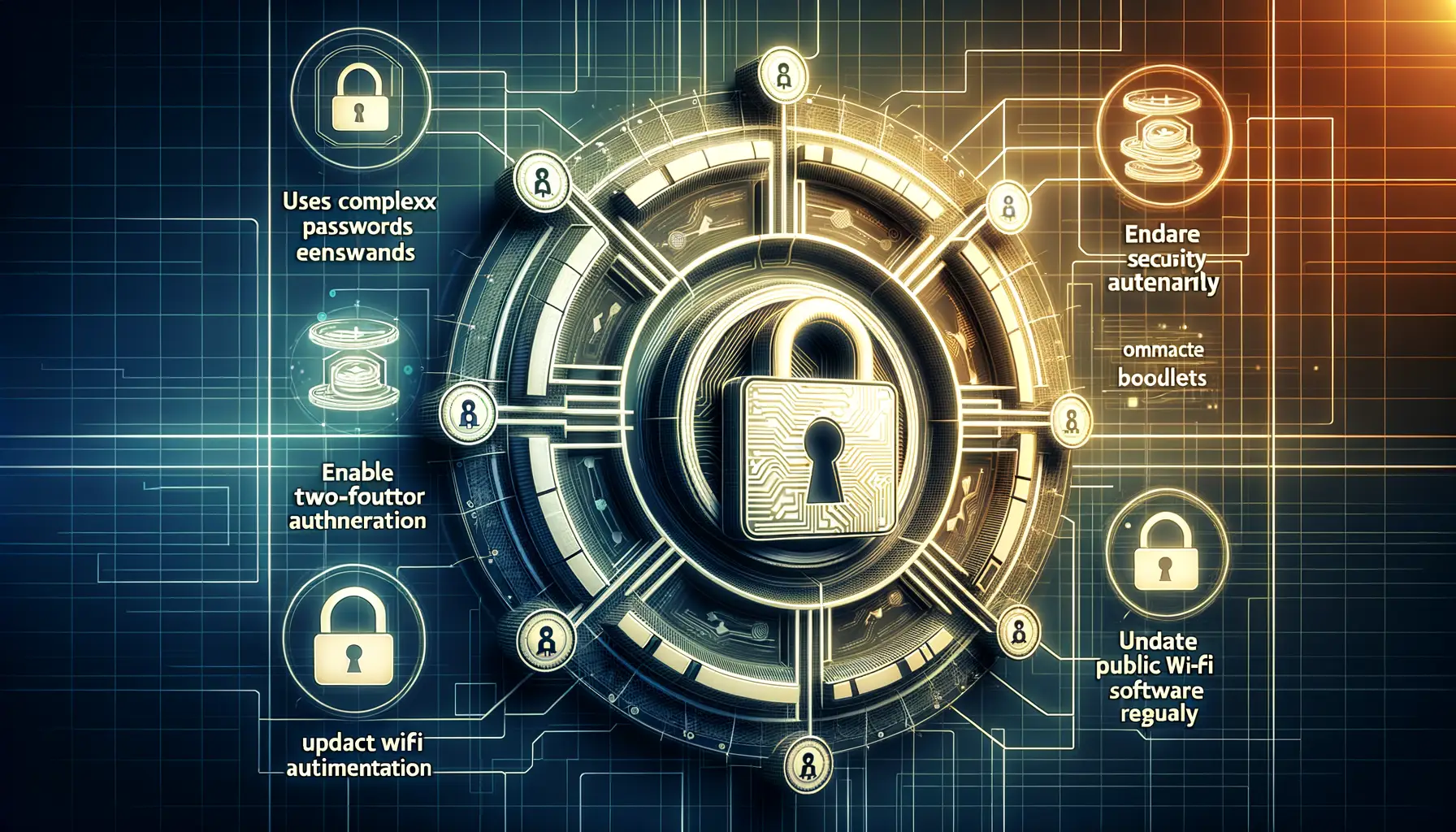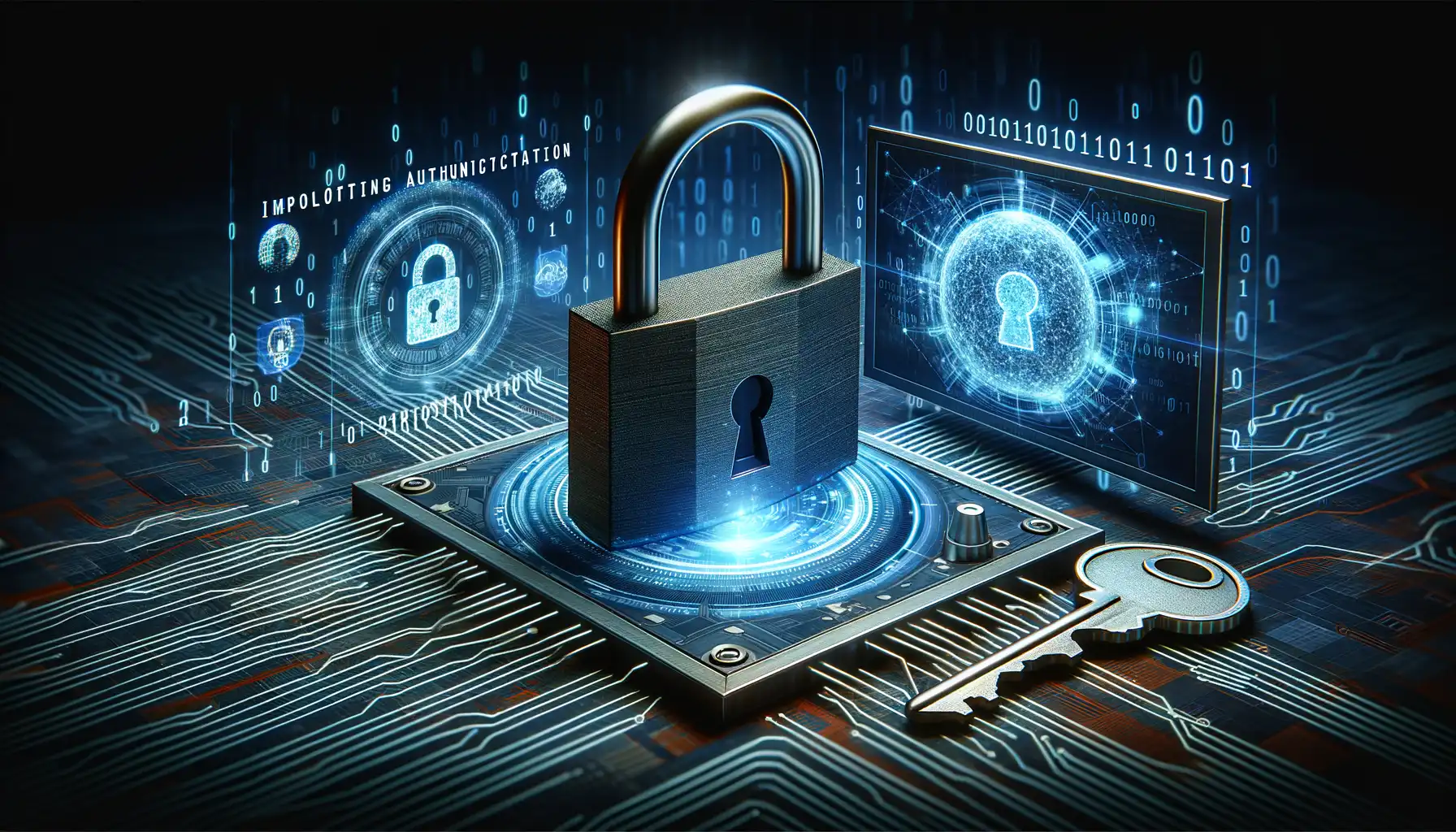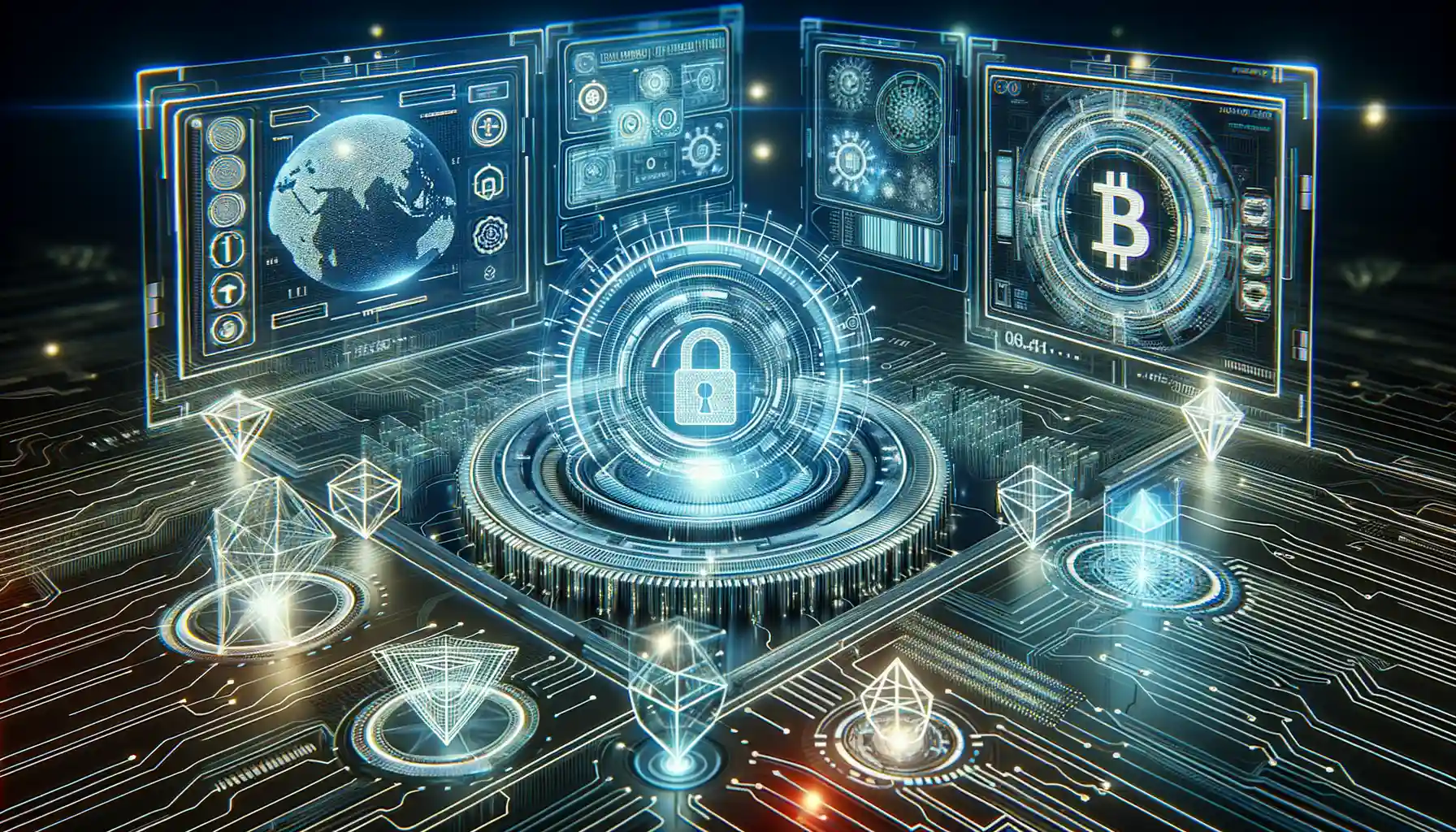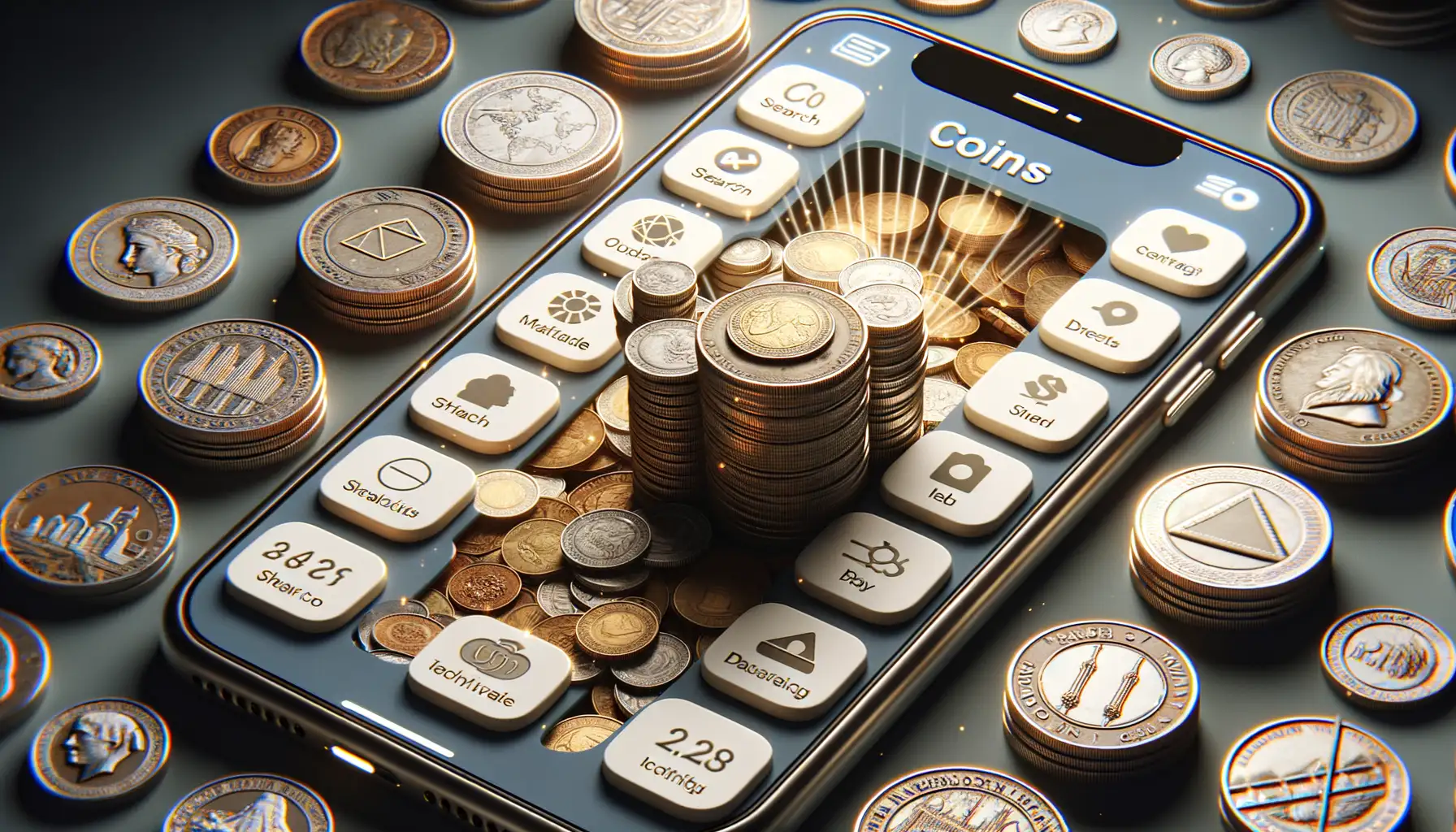Understanding the Risks in Digital Coin Transactions
Hidden Dangers Behind the Convenience
Picture this: you’re sending digital coins to a friend, excited about how fast and smooth the process is. But lurking beneath the surface, unseen risks could turn this seemingly simple task into a nightmare. The void of digital transactions holds pitfalls that can catch even tech-savvy users off guard.
One of the biggest threats? Human error. It’s terrifyingly easy to copy-paste the wrong wallet address in the excitement of making a transfer. And sadly, there’s no “undo” button once the coins are gone. Then there’s the shadow of volatility—sending or receiving digital coins at one moment could cost you big if their value nosedives seconds later.
And let’s not forget cybercriminals, always prowling for vulnerabilities like hackers smelling blood in the water. Whether it’s phishing scams pretending to be helpful emails or malware lurking in downloads, the opportunities for deception are endless.
- Beware of wallet vulnerabilities: Outdated software could spell trouble.
- Trust with caution: Fake exchanges crop up quicker than weeds in a garden.
Understanding these risks isn’t paranoia—it’s protection. Digital finance isn’t a playground; it’s a battlefield. Stay alert, stay safe.
Best Practices for Secure Digital Wallet Usage

Guard Your Digital Wallet Like a Vault
Your digital wallet is more than just an app—it’s the key to your treasure chest of digital coins. Treat it with the kind of respect you’d give to your physical valuables. Here’s the thing: wallets don’t lose themselves; carelessness makes it happen. Imagine leaving your front door wide open. Would you do that? Of course not! So, why skip safeguarding your digital assets?
- Enable two-factor authentication (2FA): Think of it as locking your wallet with not one but two sturdy vault doors.
- Pick your wallet wisely: Hardware wallets are like fireproof safes—they’re offline and much harder to hack than software wallets.
- Update constantly: Keep your wallet software updated. Those updates often patch vulnerabilities, shutting the door on lurking cybercriminals.
Think Before You Click or Connect
Ever seen a free Wi-Fi sign at a café and thought, “Perfect timing!”? Hold that thought. Public networks may as well be neon-lit invitations for hackers. When accessing your digital coin wallet, stick to private, trusted networks or use a VPN for added armor.
And those phishing emails—“You’ve won 2 BTC! Click here to claim!”—don’t take the bait. Trust your gut over your curiosity. Legit platforms will never ask you to reveal sensitive details or click shady links. Staying alert could save you from losing it all.
Implementing Strong Authentication and Encryption

Why Strong Authentication Matters
Imagine your digital coin wallet as a treasure chest. Without a sturdy lock, anyone could saunter up and steal your riches. That’s where strong authentication saves the day. This isn’t just about passwords (let’s face it, “123456” isn’t fooling anyone). It’s about layering security like an onion—each peel tougher to crack.
Here’s the game plan:
- Use two-factor authentication (2FA)—a second step like a fingerprint or a one-time code.
- Enable biometrics if available—think fingerprints and facial recognition for that spy-movie-level protection.
- Say no to reusing passwords across platforms. Your “magic key” should never fit more than one door!
The Role of Encryption in Locking Down Your Data
Encryption transforms your data into a secret code that only you can decode. Picture sending a love letter written in an unbreakable cipher—no snoopy third parties allowed. When making digital coin transactions, ensure your platform uses end-to-end encryption. This locks down everything from your login credentials to transaction details, protecting them from lurking hackers like a steel vault.
Better yet, choose wallets or exchanges that employ multi-layer encryption protocols. The more hurdles a bad actor has to jump, the less likely they’ll even bother. Trust me—your digital coins deserve nothing less than Fort Knox-level defense!
Recognizing and Avoiding Common Scams

Spotting Red Flags in Digital Transactions
Picture this: you’re about to complete a transaction, everything looks perfect, but something niggles at the back of your mind. That’s where scams creep in—when you least expect it. Scammers are clever, but you can outsmart them by spotting their tricks.
Keep an eye out for messages claiming “urgent action required” or offering deals that sound *way* too good to be true. A sudden email from a stranger asking for your wallet address? ✋ Stop right there! It’s likely a phishing attempt designed to drain your account faster than you can say “digital coins.” Always pause, question, and check before clicking anything.
- Fake websites: They mimic trusted platforms but sneakily alter the URL. Double-check every letter like your assets depend on it—because they do!
- Imposter support: No legit company will DM you first on social media asking for private keys. Ever.
The Art of Saying ‘No’
Sometimes, protecting yourself is as simple as trusting your gut and walking away. If someone pressures you into immediate payment, that’s a red flag waving wildly. Think of it this way: legitimate opportunities don’t need to play the high-pressure sales card.
Future Trends in Digital Coin Security

Innovative Tech Transforming Security
Picture this: the digital coin realm fortified like a futuristic fortress, with every transaction shielded by cutting-edge innovations. That’s where we’re heading. Developers are leaning into breakthroughs that almost feel like they were pulled straight from a sci-fi novel. Take, for instance, the rise of quantum-resistant cryptography. Why is this a big deal? Quantum computers, though still emerging, could someday crack current encryption like snapping a twig. Enter quantum-proof algorithms—designed to keep your assets safe even in this high-tech future.
Another buzzworthy trend? AI-driven fraud detection. Imagine an intelligent watchdog patrolling day and night, sniffing out phishing attempts or suspicious behavior faster than any human ever could. Paired with machine learning, this tech evolves constantly, adapting to even the sneakiest hackers’ tricks.
- Multi-signature wallets: Transactions require multiple approvals, like a digital group hug of security.
- Biometric authentication: Think fingerprint or retina scans, making your body the ultimate password.
These advancements aren’t just about today—they’re preparing us for tomorrow’s challenges. And honestly? The possibilities feel boundless.
The Human Touch in High-Tech Security
Here’s what’s fascinating: while technology races ahead, it’s still intertwining with us, humans, in brilliant ways. Case in point? Behavioral biometrics. This isn’t just about scanning a fingerprint—it’s about recognizing *you*. How you swipe your screen, the rhythm of your typing, even how long you hesitate before tapping “send.” It’s individual, intuitive, and incredibly hard for bad actors to replicate.
Then there’s decentralized identity solutions. Instead of handing over personal details to countless platforms, you hold the keys—literally. Access to your data becomes like offering someone a carefully chosen puzzle piece, rather than the whole picture. It’s trust, but on your terms.
The future of digital coin security isn’t just about locking down. It’s about balance: blending innovation with personalization, pushing boundaries while keeping humanity at its core.





